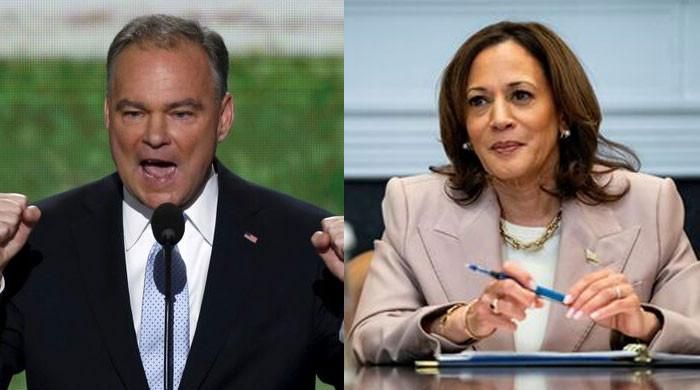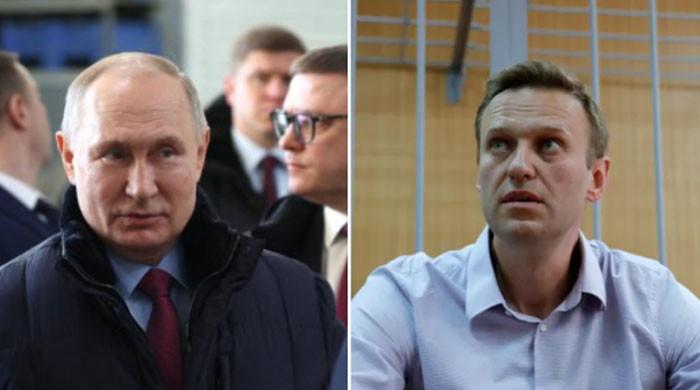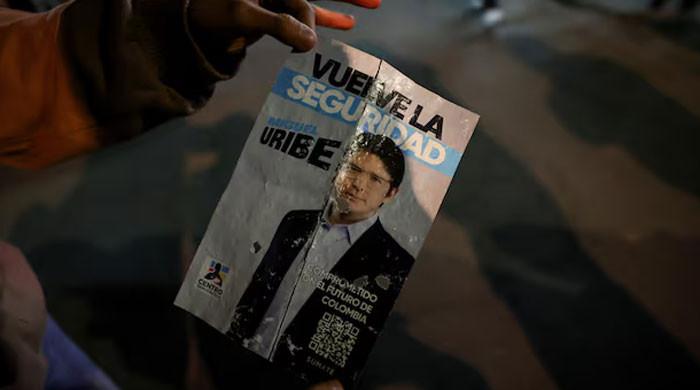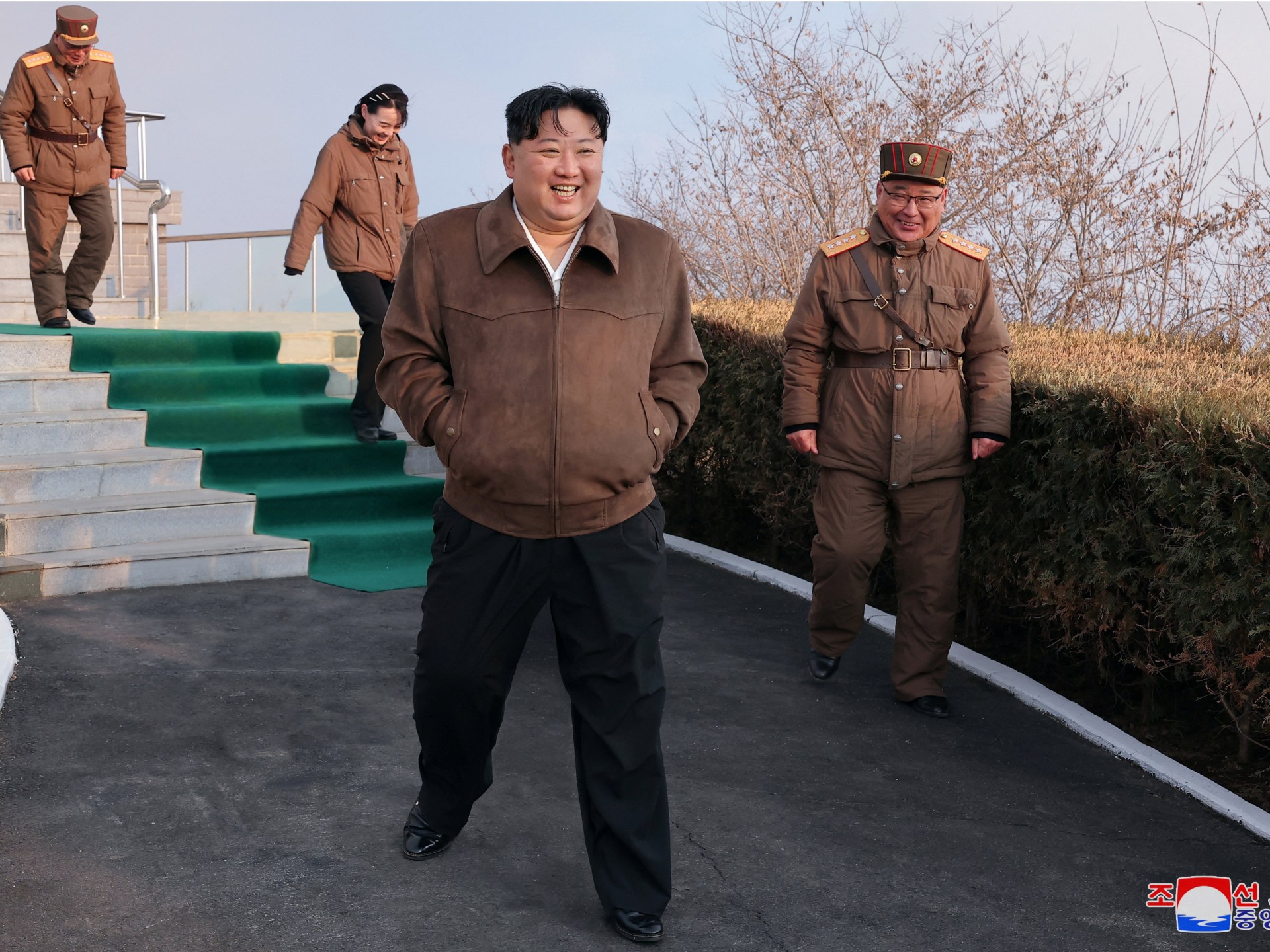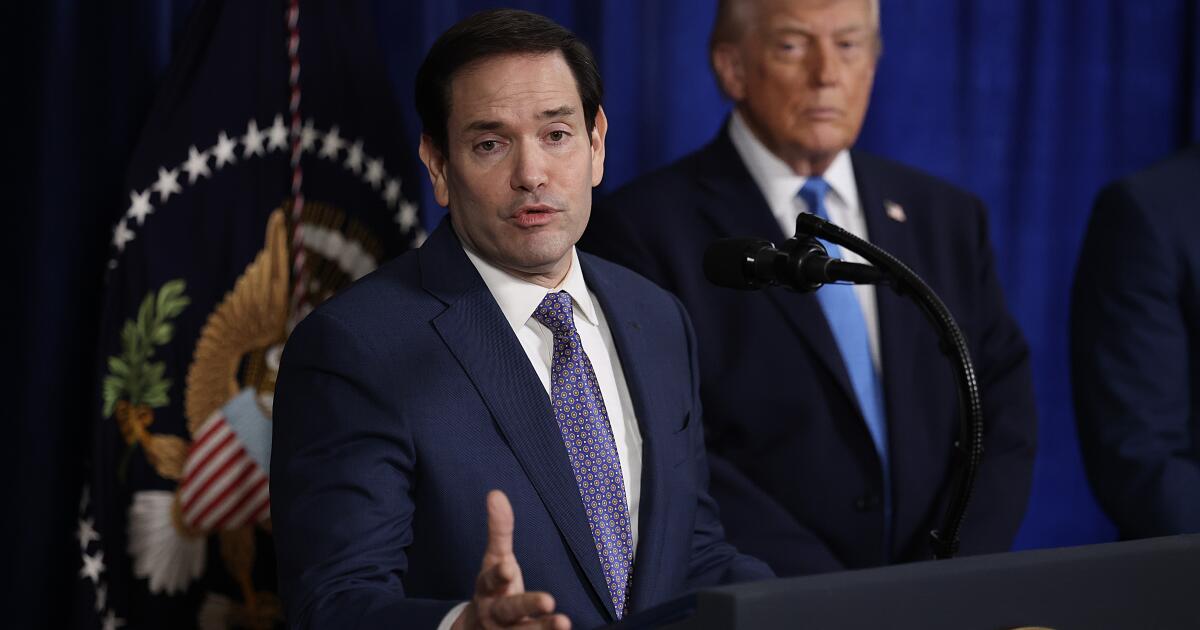Before a party member is selected as a presidential candidate's running mate, he or she goes through a vetting process. The process is intended to uncover the contenders' darkest secrets, including any secrets that may be hidden by their family, friends and other acquaintances.
This is done to avoid any potential future controversy if the presidential candidate is elected to the White House and his running mate assumes the role of vice president.
The process can be arduous and lengthy, as confirmed by Sen. Tim Kaine, who was vetted during former President Barack Obama's 2008 presidential campaign and again in 2016 when he was chosen as Hillary Clinton's running mate.
“It is very intense,” the senator was quoted as saying. USA TodayHe added that when colleagues who are about to be evaluated, as happens every election cycle, come to him for advice.
The process can be surprisingly thorough and in-depth, even for senators and governors, who have already been vetted in statewide elections and will reveal everything about the candidate's life, Kaine said.
The same sentiment was echoed by Rep. Byron Donalds, one of eight possible candidates to become Donald Trump's running mate this year.
As cited by USA TodayDonalds describes the process as “quite interesting” and “a process that looks deeply into every decision in your life.”
Several Democrats are going through the vetting process right now, while the current US vice president is preparing to run for the White House and has yet to reveal his running mate.
The vetting process is lengthy and typically takes months for a party member to be deemed fully qualified for the role. But for Kamal Harris, the process has been expedited, as she has only had two weeks since President Joe Biden ended his campaign and endorsed the vice president for the White House.
Seven members of the Democratic Party were vetted and were on the shortlist, including Pennsylvania Governor Josh Shapiro, U.S. Senator Mark Kelly of the District of Arizona, Minnesota Governor Tim Walz, North Carolina Governor Roy Cooper, Michigan Governor Gretchen Whitmer, and Illinois Governor JB Pritzker.
Cooper, however, dropped out of the race, saying his Republican lieutenant governor would challenge his authority if he campaigned outside the state, which he would have to do as Harris' running mate.
Whitmer also said she planned to remain Michigan's governor until the end of her term, which is in 2026.
Harris's campaign will reveal her running mate early next week.

